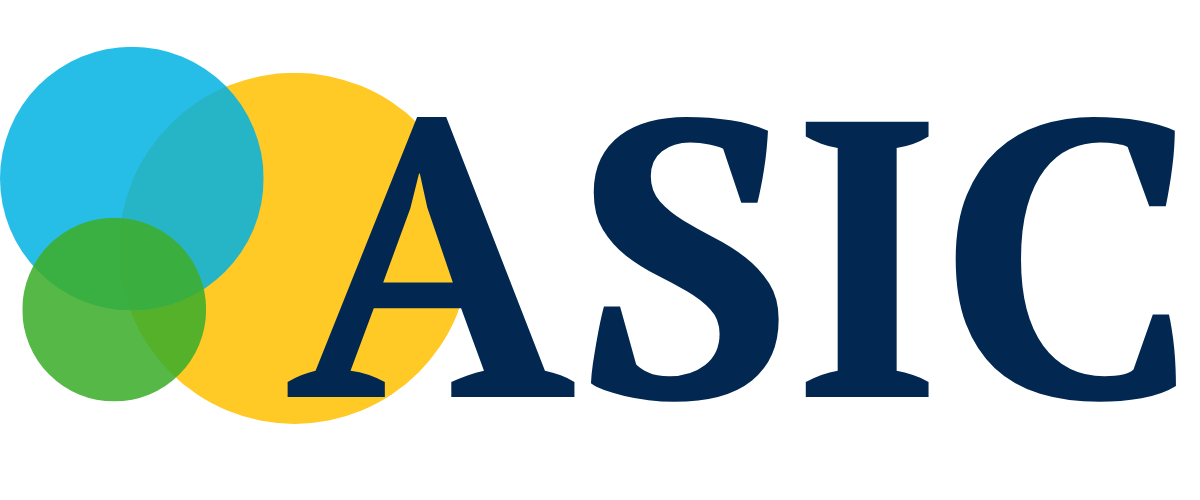Building Youth Capacity for Community Science and Policy Advocacy in Dearborn, MI
Presented By: Natalie Sampson, University of Michigan-Dearborn & Karima Alwishah, University of Michigan-Dearborn
Description: Environmental health inequities are well documented in the U.S., but little attention is given to potentially disproportionate exposures experienced among Arab American communities. EHRA emerged to address cumulative air pollution exposures in Dearborn, MI, where nearly 48% of residents identify as Arab. In response, Environmental Health Research-to-Action (EHRA) is a community-based partnership focused on building skills and multigenerational knowledge in environmental health, community/citizen science, and policy advocacy. Since 2017, EHRA has conducted two 2-week summer academies for youth (16-18 years old) (with another planned in 2019). With action-oriented training and mentorship from government and community leaders, EHRA Fellows have presented on air pollution issues and policy solutions to the Mayor and City Council of Dearborn, Michigan's Attorney General, a U.S. Representative, and other residents and leaders in the region. Learn more here: https://www.youtube.com/watch?v=bbcd10SUk-M&feature=emb_logo. Fellows report an overall positive experience and feedback on the academy’s interactive pedagogy, refinement of career goals, and marked increases in related knowledge of environmental health science and policymaking. In January 2020, EHRA is also publishing the Dearborn Air Quality and Health report which documents air pollution sources and exposures, related health concerns, and policy solutions. EHRA is beginning to build its capacity for using air sensors as a tool for community mobilization. While much environmental justice research and organizing is conducted by and with youth across the country, few have published on effective models like EHRA.
